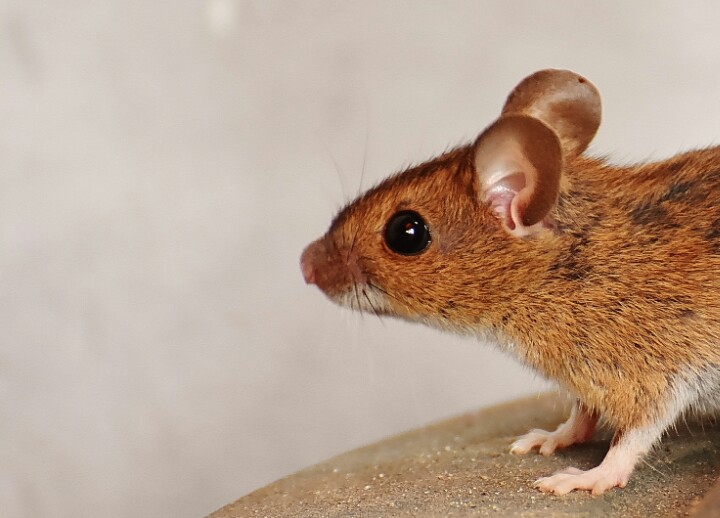
Lassa fever derives its name from the town of lassa in Borno state where it was first discovered in 1969. It is an acute viral haemorrhagic fever with a 2 to 21 days duration caused by a single stranded RNA virus which belongs to the family Arenaviridae. It is transmitted to humans through the contamination of food or household materials with urine, saliva or faeces by rats. Eighty percent of individuals infected with the virus are asymptomatic (show no symptom of the disease) while severe cases of the condition adversely affects several organs of the body including the kidney, liver and spleen.
Symptoms of the disease include high fever, vomiting, continuous stooling, hearing loss, tremors, bleeding from the mouth, nose and vagina. The disease affects over 500,000 people each year mainly in West Africa. The center for disease control and public health experts have outlined several useful tips on how to prevent Lassa fever, here we have listed and explained the seven major ones.
- Avoid Using Rodents As Food Source
Rodent are an important component of many delicacies in Africa. However, it is important to state that the consumption of these animals is not without risks one of which is the possibility of contracting Lassa fever. Avoiding Mastomys rodents is the smartest way of avoiding death by a rat
- Controlling / Eliminating the Household rat Population
Another method of preventing Lassa fever is by controlling and or eliminating the population of household rats. This can be achieved by hiring a pest control professional, keeping a household cat, setting traps or placing poisons.
- Proper Garbage disposal
Garbage attracts rats and wherever there are rats there are germs. As such the effective disposal of accumulated garbage is a necessity if Lassa fever is to be avoided
- Proper Storage of Food.
Rats can smell food from miles away, a house with a known rat population must properly store food and water to avoid contamination.
- Proper Hygiene and Sanitation
The population of rats thrive where there is no proper hygiene and sanitation. The eradication of factors that enhance the breeding amongst the rat population will bring down the population and reduce the risk of Lassa fever.
- Avoid Unnecessary Contact With Infected Persons
The body fluid of an infected person is contagious, it is therefore imperative for health workers and relatives of Lassa fever patients to avoid contact with such fluids. This can be achieved by the wearing of protective clothing such as mask, gloves, gowns, and googles
- Stay With The News
Knowing when there is an outbreak of Lassa fever can be the difference between life and death. Always keeping a tab on the news especially when in a Lassa fever endemic area is important because it provides the opportunity to step up preventive measure and restrict unnecessary contacts.
Copyright ©
Permission is hereby granted for the use of whole or parts of this article provided appropriate credit is given to www.publichealth.com.ng





1 Comment